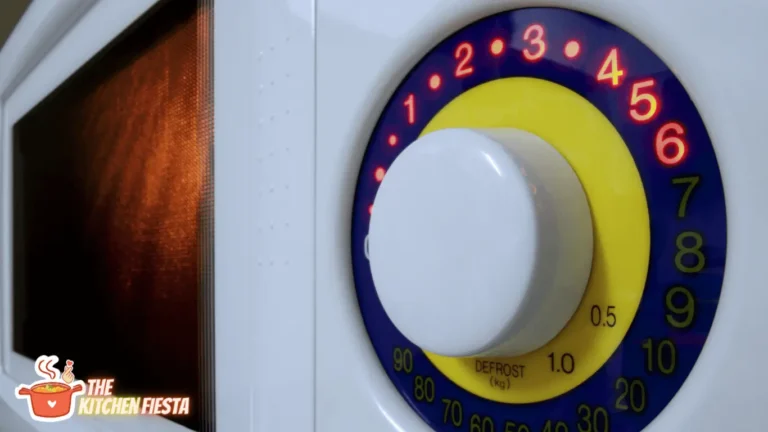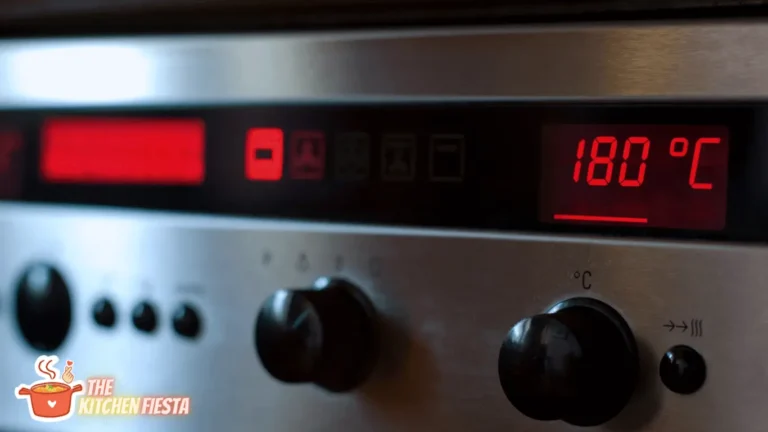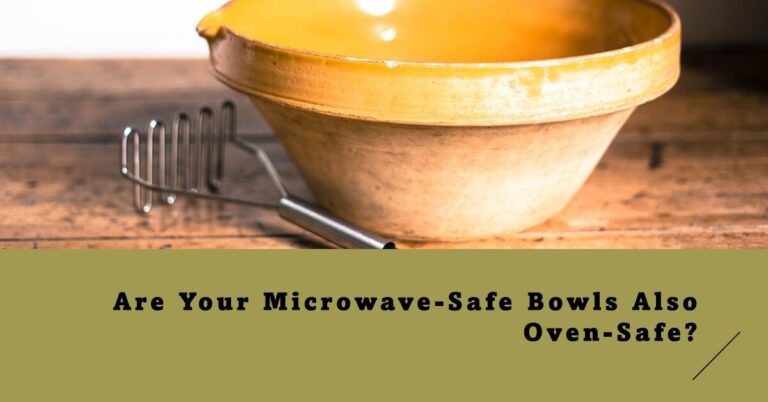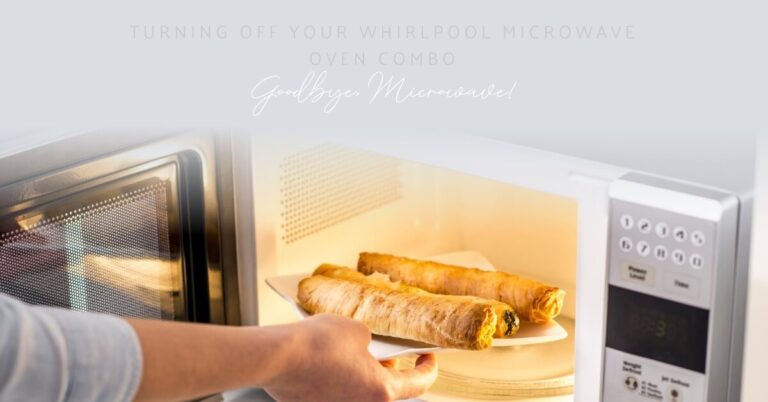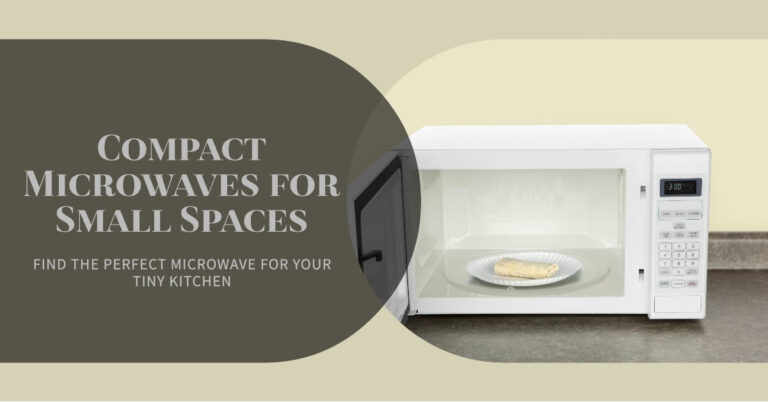Can Aluminum Trays Go In The Oven?
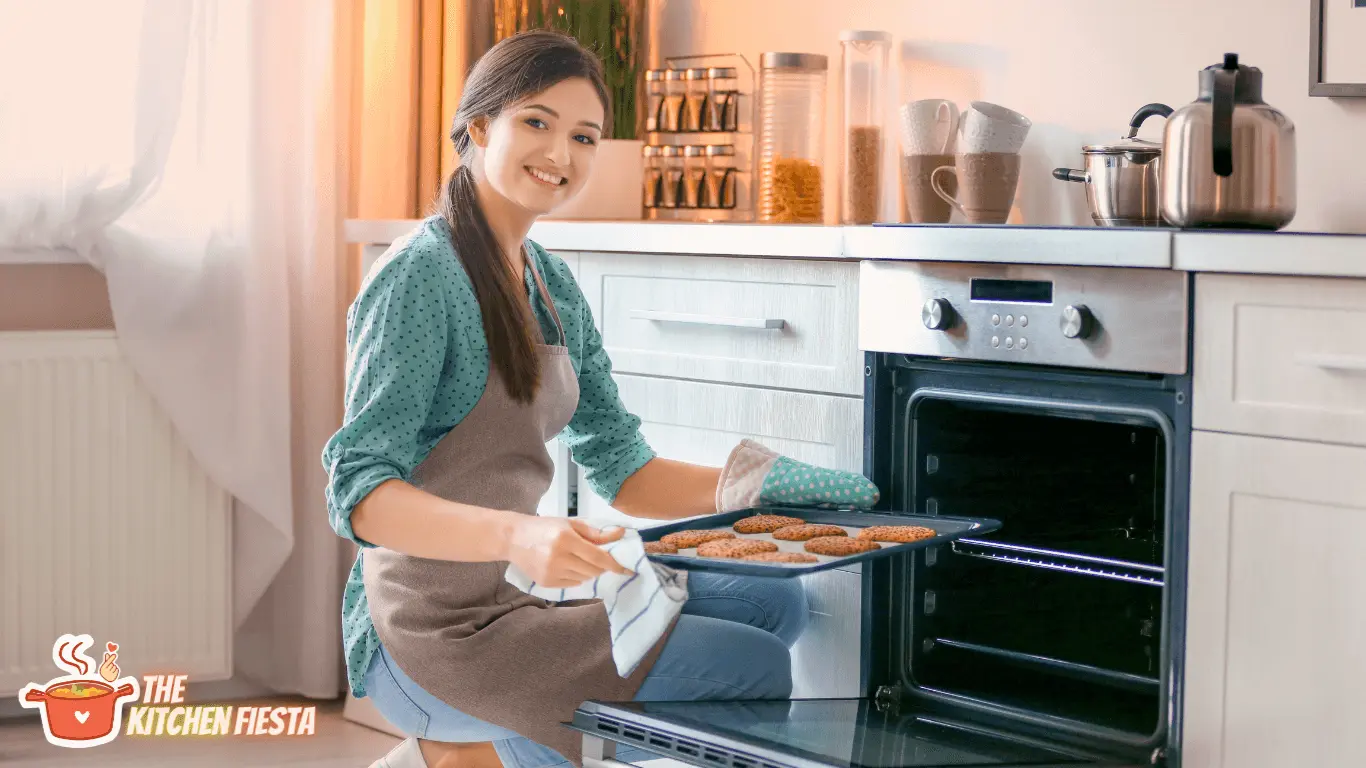
Aluminum trays are a popular choice for baking and cooking due to their lightweight and durable nature.
Many people are unsure if they can safely use aluminum trays in the oven. The answer is yes, aluminum trays are safe to use in the oven within a wide temperature range. Most aluminum trays can withstand temperatures ranging from as low as -20 degrees Fahrenheit to as high as 400 degrees Fahrenheit. However, it’s always a good idea to check the manufacturer’s instructions before using them in the oven.
Aluminum trays are a popular choice for baking because they are lightweight, affordable, and can be recycled. They also conduct heat well and can distribute it evenly, making them ideal for baking a variety of dishes. When using aluminum trays in the oven, keep in mind that they may conduct heat differently than other types of baking dishes, such as glass or ceramic.
Before utilizing aluminum trays in the oven, it is essential to have a comprehensive understanding of their fundamental properties, appropriate usage, and maintenance procedures. So, let’s get started.
What are Aluminum Trays?
Aluminum trays are commonly used for cooking, baking, and storing food. They are made from aluminum, a lightweight and durable metal that is an excellent conductor of heat. Aluminum trays can withstand high temperatures and are oven-safe, making them a popular choice for cooking and baking.
Types of Aluminum Trays
There are different types of aluminum trays available in the market, each with its own unique features and benefits. Here are some of the most common types:
- Disposable Aluminum Trays: These are single-use trays that are ideal for catering, take-out, and food delivery. They are lightweight, affordable, and easy to dispose of after use.
- Heavy-Duty Aluminum Trays: These trays are thicker and more durable than disposable trays. They are designed for repeated use and can withstand high temperatures, making them suitable for baking, roasting, and grilling.
- Non-Stick Aluminum Trays: These trays have a non-stick coating that prevents food from sticking to the surface. They are easy to clean and can be used for baking, roasting, and grilling.
- Aluminum Foil Trays: These are versatile trays that can be used for cooking, baking, and storing food. They are made from aluminum foil and are lightweight, affordable, and easy to dispose of after use.
Aluminum trays are a popular choice for cooking and baking because they are durable, versatile, and oven-safe. They are available in different sizes and shapes, making them suitable for a wide range of cooking and baking needs. By using aluminum trays, you can ensure that your food is evenly cooked and retains its flavor and moisture.
Non-Oven-Safe Aluminum Trays
What Happens When You Put Non-Oven-Safe Aluminum Trays in the Oven?
When non-oven-safe aluminum trays are put in the oven, it can cause a range of problems. The most common issue is that the aluminum can melt or warp due to the high temperature in the oven. This can cause the tray to lose its shape, which can make it difficult to use in the future. Additionally, the melted aluminum can stick to the oven, which can be challenging to clean.
Another issue that can occur when using non-oven-safe aluminum trays is that they can release toxic fumes. These fumes can be harmful to breathe in and can cause health problems. Additionally, the fumes can contaminate the food being cooked, which can make it unsafe to eat.
Potential Health Hazards of Using Non-Oven-Safe Aluminum Trays
Using non-oven-safe aluminum trays can pose several potential health hazards. One of the most significant risks is that the aluminum can react with acidic foods, such as tomatoes or citrus fruits. This reaction can cause the aluminum to leach into the food, which can be harmful to consume. Over time, consuming food that has been cooked or stored in aluminum trays can lead to aluminum toxicity, which can cause a range of health problems.
Additionally, using non-oven-safe aluminum trays can release toxic fumes into the air. These fumes can be harmful to breathe in and can cause respiratory problems, headaches, and other health issues. It is essential to use oven-safe aluminum trays to avoid these potential hazards.
When using aluminum trays in the oven, it is crucial to ensure that they are oven-safe. Always check the label or packaging to confirm that the tray is safe to use in the oven. By following these guidelines, you can ensure that your food is cooked safely and that you are not exposing yourself to potential health hazards.
Can Aluminum Trays be Used in the Oven?
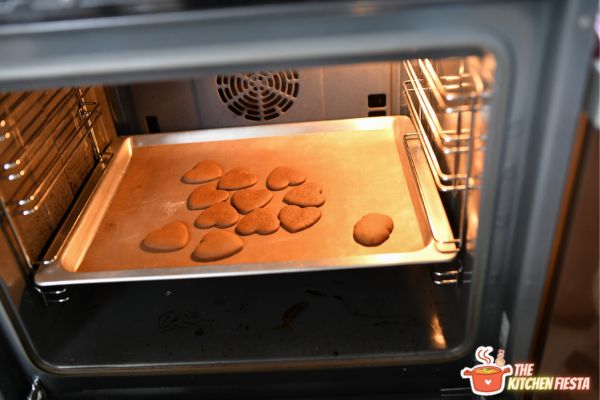
Aluminum trays are a popular option for baking and cooking in the oven. They are lightweight, easy to use, and a good conductor of heat. However, there are certain factors to consider before using aluminum trays in the oven.
Factors to Consider
One of the most important factors to consider when using aluminum trays in the oven is the type of food being cooked. Aluminum trays are not recommended for acidic foods, as the acid can react with the aluminum and cause the food to taste metallic. It is best to use aluminum trays for non-acidic foods such as baked goods, meats, and vegetables.
Another factor to consider is the thickness of the aluminum tray. Thicker trays are better at distributing heat evenly, while thinner trays may warp or buckle under high temperatures. Choose a tray that is suitable for the type of food being cooked and the temperature of the oven.
Temperature Limits
Aluminum trays are safe to use in the oven at temperatures up to 450°F (232°C). However, avoid using aluminum trays in the broiler or on the stovetop, as they can warp or melt under high heat.
Safety Precautions
You must take certain precautions when using aluminum trays in the oven. Here are some tips to keep in mind:
- Always use oven mitts or potholders when handling hot aluminum trays.
- Avoid placing aluminum trays directly on the oven rack, as this can cause them to warp or buckle.
- Never use aluminum trays in the microwave or on the stovetop.
- Make sure the aluminum tray is clean and free of any food debris before using it in the oven.
Alternative Oven-Safe Cookware Options
When it comes to cooking in the oven, aluminum trays may not always be the best option. Fortunately, there are several alternative oven-safe cookware options available. Here are a few examples:
1. Glass Cookware
Glass cookware is a popular choice for oven cooking. It can withstand high temperatures and is available in a variety of shapes and sizes. Plus, glass cookware is easy to clean and does not react with acidic foods. However, it can be heavy and may break if dropped.
2. Stainless Steel Cookware
Stainless steel cookware is another oven-safe option. It is durable, easy to clean, and does not react with acidic foods. Stainless steel cookware can also be used on the stovetop, making it a versatile choice. However, it may take longer to heat up than other materials.
3. Ceramic Cookware
Ceramic cookware is a non-toxic and oven-safe option. It is available in a variety of colors and designs and can withstand high temperatures. Ceramic cookware is also easy to clean and does not react with acidic foods. However, it can be heavy and may crack or chip if dropped.
When using any alternative oven-safe cookware, it is important to follow the manufacturer’s instructions. Make sure to check the maximum temperature the cookware can withstand and avoid sudden temperature changes. By following these guidelines, you can safely cook a variety of dishes in the oven without the need for aluminum trays.
How to Care for Aluminum Trays?
Aluminum trays are a versatile and convenient option for cooking and serving food. However, to ensure they last a long time and remain in good condition, take proper care of them. Here are some tips for cleaning and storing aluminum trays:
Cleaning Tips
Cleaning aluminum trays is relatively easy, but avoid using abrasive materials that can scratch or damage the surface. Here are some cleaning tips to keep in mind:
- Use a soft sponge or cloth to clean the tray. Avoid using steel wool or other abrasive materials that can scratch the surface.
- If the tray has food stuck on it, soak it in hot water for a few minutes to loosen the debris before cleaning.
- Avoid using harsh chemicals or cleaners that can damage the tray. Instead, use a mild dish soap and warm water to clean it.
- Dry the tray thoroughly with a clean towel or let it air dry before storing it.
Storage Tips
Proper storage is also important for aluminum trays. Here are some tips to keep in mind:
- Store aluminum trays in a cool, dry place to avoid moisture buildup, which can cause corrosion or rust.
- Avoid stacking aluminum trays on top of each other, as this can cause scratches or dents.
- If possible, store aluminum trays in a plastic bag or container to protect them from dust and other debris.
- If the tray has a lid, make sure to store it separately to avoid scratching or damaging the tray.
Conclusion
Aluminum trays are a versatile and convenient option for baking and cooking in the oven. Their ability to evenly bake foods and resist cracking, burning, or melting makes them a popular choice among home cooks and professional chefs alike. However, take precautions when using aluminum trays in the oven, such as placing them on a baking sheet or oven-safe dish to prevent warping or bending.
It is also important to avoid using them in the microwave or toaster oven, as these appliances can cause the tray to melt or burn. After following these simple tips and using aluminum trays safely, you can enjoy perfectly cooked meals with easy cleanup.
FAQs – Can Aluminum Trays Go In The Oven?
Can aluminum trays be used in a toaster oven?
Yes, aluminum trays can be used in toaster ovens if labeled “toaster oven safe.” Avoid using trays with non-stick coatings or plastic handles as they may melt or release harmful chemicals at high heat.
Can aluminum trays be used in a microwave oven?
No, aluminum trays should not be used in a microwave oven. Microwaves cannot pass through metal, so using an aluminum tray in a microwave can cause a fire or damage the oven.
Can aluminum trays be used on a stovetop?
Using aluminum trays on a stovetop is not recommended as aluminum is not an efficient heat conductor on this surface. The intense heat generated by the stovetop can lead to the deformation or melting of the tray.
Can aluminum trays be recycled?
Yes, aluminum trays can be recycled. However, make sure that the tray is clean and free of any food residue before recycling.
Can aluminum trays be used for baking?
Aluminum trays can be used for baking if labeled “oven safe” and without non-stick coatings or plastic handles. Avoid using them for acidic or salty foods to prevent discoloration or metallic taste.

